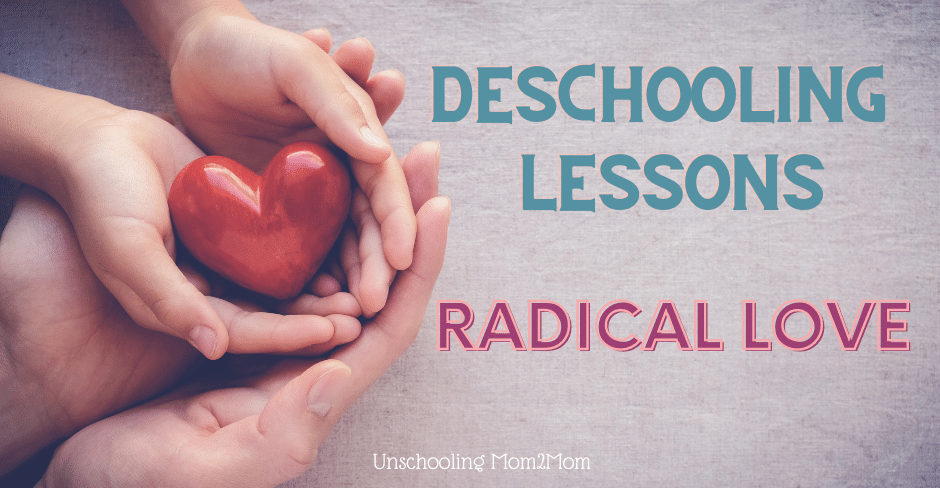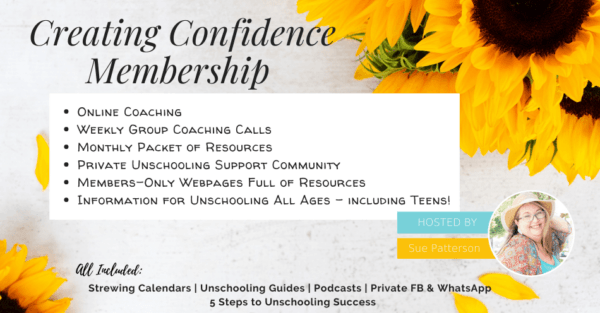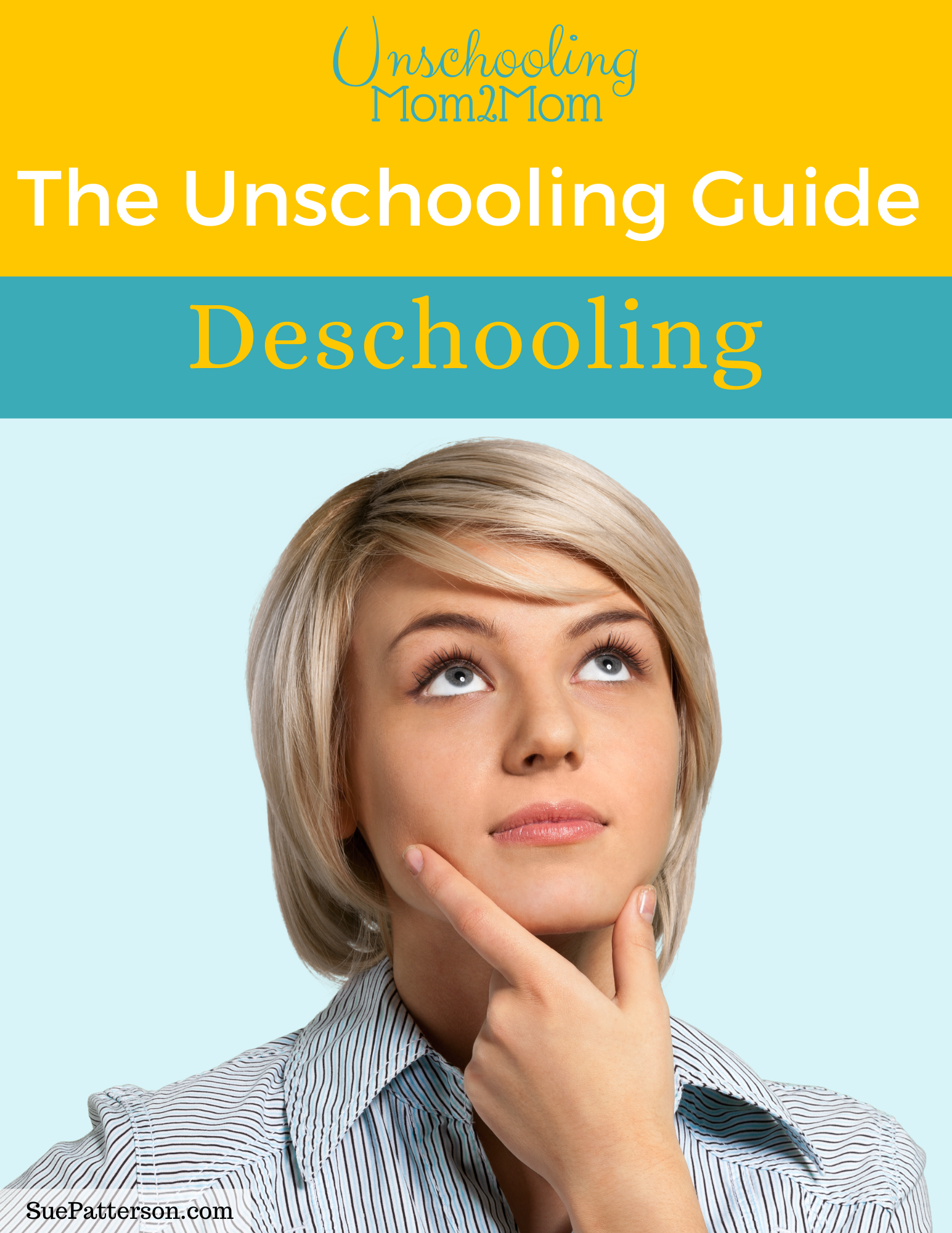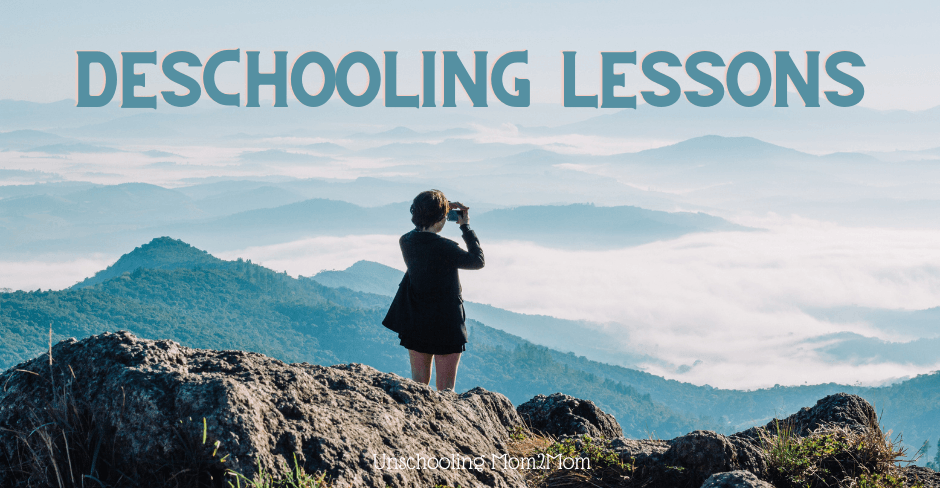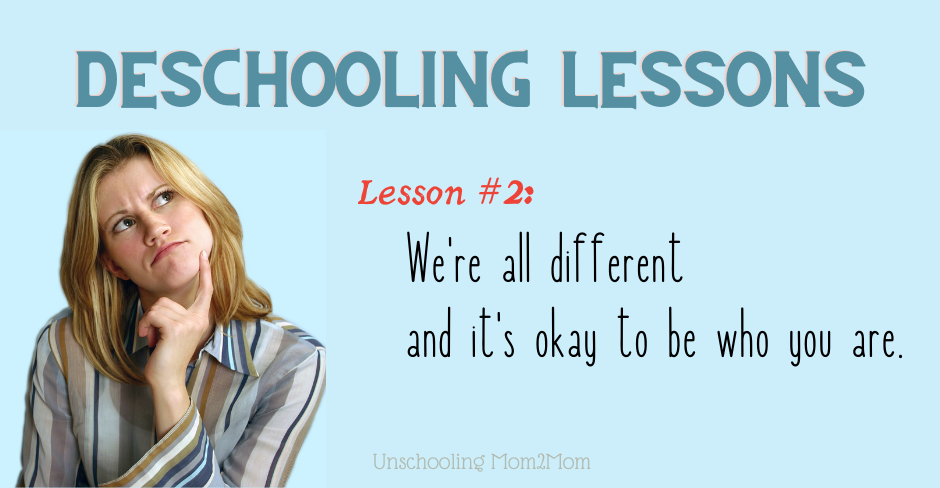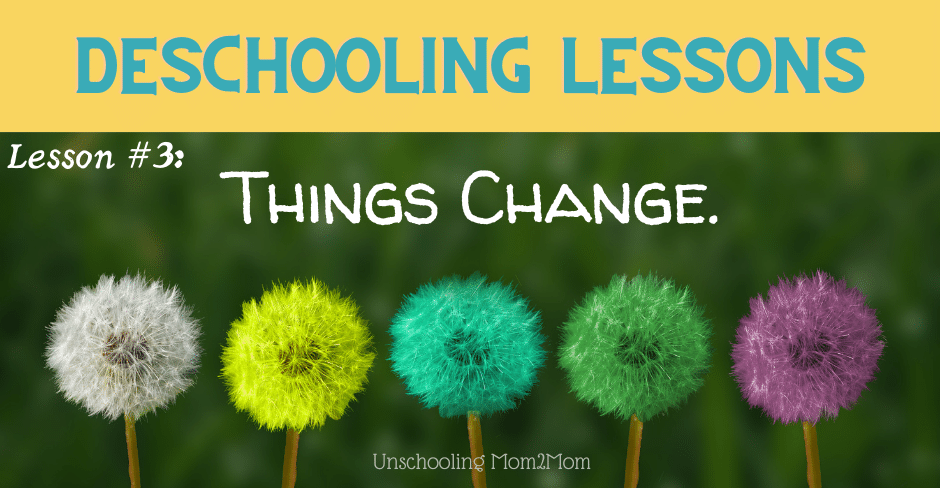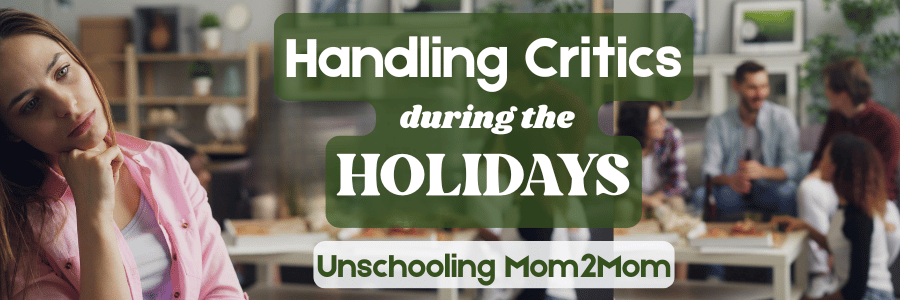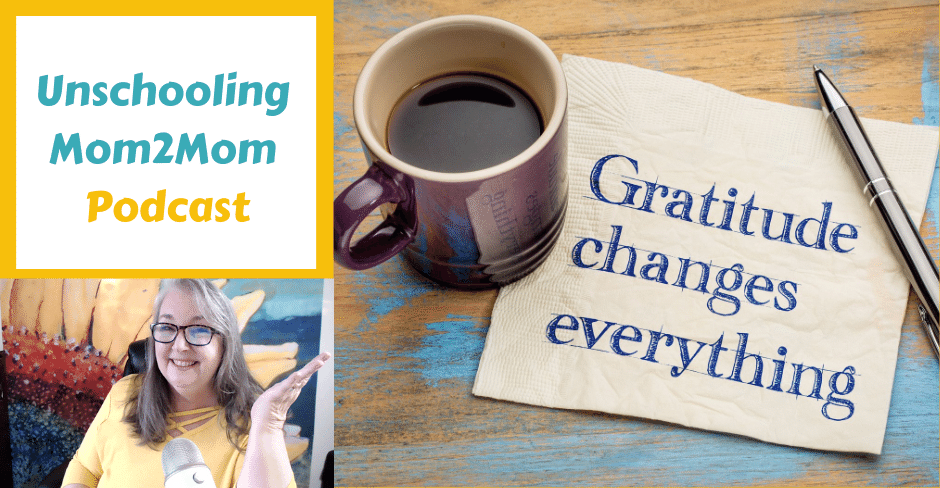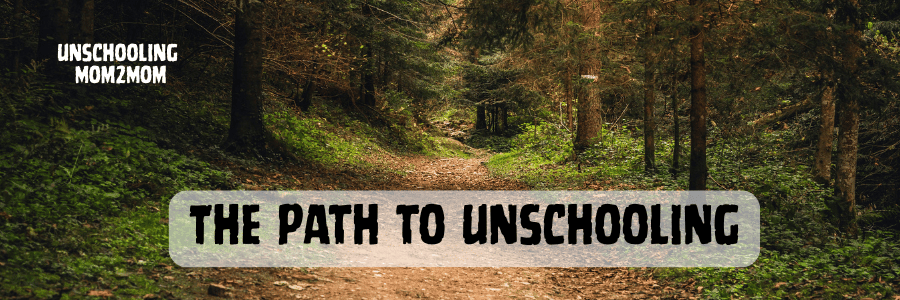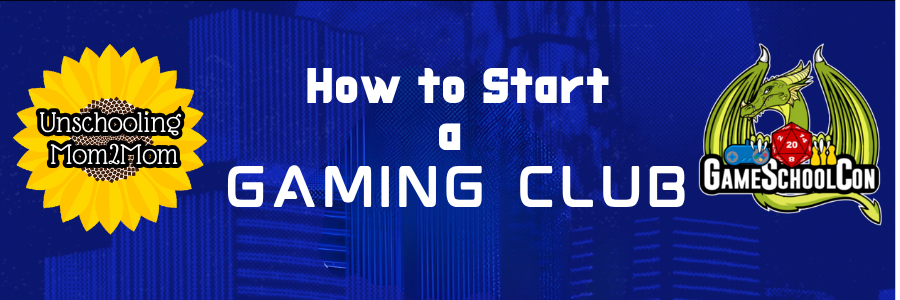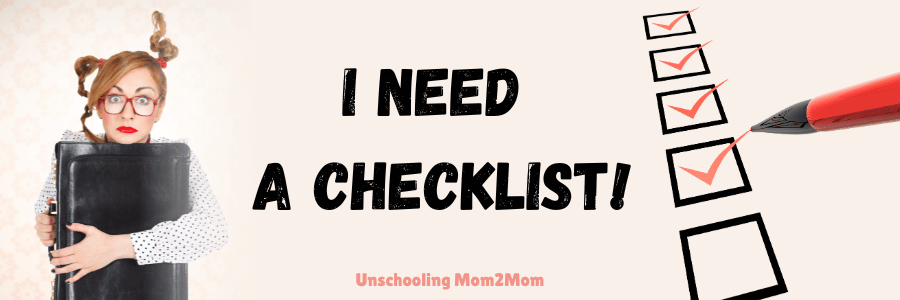Deschooling Lesson #4 – Radical Love
Guest Blogger, Susan Walker, is a life-long learner, and mother of two—a grown daughter and a teen-aged son. She and her husband have been de-schooling and her son has been unschooling for the last four years. In this 4th installment, Susan shares a final deschooling (un)lesson she learned along the way.
Radical love is the foundation.
When I say that recognizing radical love as the foundation for my relationship with my son was a major paradigm shift for me, as well as the most fundamental and invaluable aspect of my deschooling, does that mean that I did not love him before?
No, of course, I loved him very, very much! We all love our children and want the best for them! But so many times our own egos, our internalized social judgments, and our fears get in the way and we try to make our children into what we think they need to be to be happy and successful, or for us to be considered good parents. We try to be the parents we think we are supposed to be. When we do that, we aren’t helping them develop their own unique personality and interests. We aren’t honoring who they are or who we are, either. The shift to radical love doesn’t mean I love him any more than I did before, but rather that I love him in a way that supports him and me better. And it feels so good and right in my heart!
Why "Radical?"
I tend to think of the word “radical” as meaning “extreme”.
But another definition of radical is
“of, relating to, or characteristic of the basic or inherent constitution of a person or thing; fundamental"
(https://www.collinsdictionary.com/dictionary/english/radical).
Radical love does not mean an extreme amount of love. It is an integral, foundational love that means I build my relationship with the human beings I have under my care on love and acceptance. As I talked about in my Lesson 2, “We’re all different and it’s okay to be who you are”, this requires learning to accept yourself as well as your children, and likewise you have to give radical love to yourself in order to give it to your children. Shifting to radical love required a level of trust and acceptance that I had not been willing or able to give before because of my own fears and soul wounds.
A Shift in Parenting
As I deschooled, I began to realize that much of my parenting was automatic, based unconsciously on how I thought parents were supposed to act and what they were supposed to do to raise a child properly. When I started to observe myself and become more consciously aware of what I was doing, I quickly saw that I often was not acting out of love for my son, even when (or maybe especially when) I thought I was doing something that was “for his own good” or necessary. If I did love and accept my son for who he was, my own behavior was often not reflecting that.
I questioned whether it is possible to truly love someone
if you are always trying to change them or their behavior.
Once I recognized this and determined that my goal was to strive to live in radical love for myself and my child, I learned to still my heart before responding or reacting, long enough to see if what I was about to say or do was based on that radical love, or on internalized social norms or judgments, my own ego and/or fears. A pause to notice how I felt, how my body was reacting, and just remove myself from auto-pilot. That takes practice, and frequent serious reflection about my motivations, both in the moment and later when I am away from the situation. It is a continuous process, and of course I still mess up and fall back on deeply ingrained, automatic responses at times. But when I do, I apologize and explain why I responded the way I did and why I will attempt in the future to respond differently. This models to my son a conscious, self-reflective awareness of my choices of behavior and words.
At the same time, he has helped me tremendously with this process. Without my preconceived ideas and life-long indoctrination into the way things are SUPPOSED to be, he quickly picks up when something I say or do does not align with my values and my desire to base my actions on radical love. At first when he would call me out on something I would react defensively, but I have learned over time that even though I might not immediately understand what was problematic about my actions, when I make a commitment to truly listen to what he has to say, more often than not I ultimately agree with his interpretation. Listening to him rather than assuming I know more or he has no right to question me because I am an adult has taught me so much about myself. It has also reinforced my respect for his insight and autonomy. When he feels listened to and respected by me, he listens to and respects me in return, building trust in each other.
Need Some Unschooling Guidance?
Sometimes it helps to move along this unconventional parenting journey with others who are unschooling too. Sue Patterson's unschooled children are grown now, and she is happy to share what worked, what didn't, and how some of these ideas could help in your family too.
You don't have to do all this alone!
Parenting Differently
Our society tells us we need to teach children to respect us by demanding a respect that we don’t always give to them. We are told they must be controlled and constrained according to our decisions as parents about what is best for them. It takes time to short-circuit our automatic responses based on beliefs like that, and develop new ways of doing things. It is hard to understand how a different way can work until you really put it in practice over time. In my family we continue to come up against new challenges in this unique and unusual lifestyle, so different from how I grew up.
Deschooling is never really finished.
But looking back, I see that there were gradual, incremental changes that were enough to encourage us and keep us at it until we eventually reached a tipping point. After about two years something really clicked for us and it all just started flowing. I believe that at that point we had finally built up enough trust in ourselves, each other, and the process, and I really started seeing the results in my son and our family dynamics.
Trust and Acceptance - of Your Child and Yourself
Radical love is the essence of our relationship and the bedrock of our unschooling. This inherent trust and acceptance of my child, based on love and acceptance of myself, has helped me heal or begin to heal myself as well as all of my family relationships. When most of my daily interactions are coming from that bedrock, the unschooling flows, the learning happens and takes off, and my whole family is happier and more joyful.
I never imagined that the decision to take our son out of school would lead to such profound and personal shifts that have helped me to be more the person I feel that I truly am and want to be. For the whole family, unschooling has been a wonderfully unexpected gift for which I will be forever grateful.
May your own unschooling journey be full of radical love!
Help with Deschooling!
We have so much to unlearn!
This Unschooling Guide will help you figure it all out!
What's included:
- A full color 20-page mini-magazine
- Practical solutions for issues that arise in your home during this phase
- How to cope with community criticism
- Looking back on your own school experiences and how they affect you today
- Deschooling tips & strategies about learning and parenting
- Journaling prompts to dive deeper
Sharing years of experience ~ you don't have to reinvent the wheel!
Susan's other articles in this Deschooling Series:


